Iranian director sentenced to prison, flogging for hijab violations in film
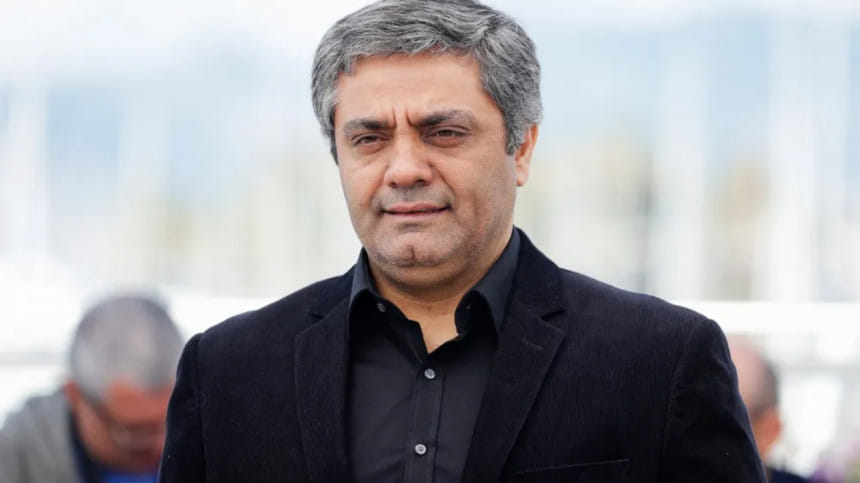
Renowned Iranian director Mohammad Rasoulof has been handed a severe sentence of eight years in prison, along with flogging, a hefty fine, and property confiscation, as confirmed by his legal representative.
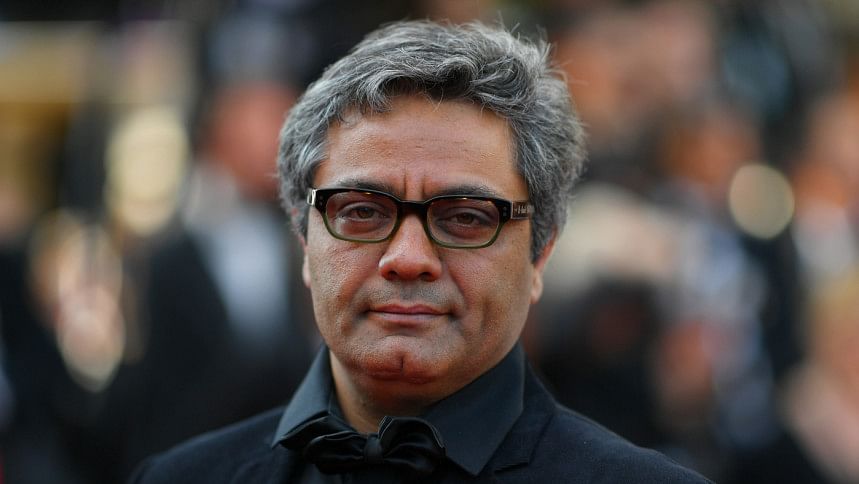
Babak Paknia, a human rights lawyer representing Rasoulof, revealed on social media platform X (previously Twitter) that the verdict was upheld in an appeals court and has now been forwarded for execution. The primary reasons cited for the punishment include Rasoulof's public statements and his continued involvement in producing films and documentaries, which the court deemed as "instances of collusion with the intent of undermining the country's security."

At 52, Rasoulof stands as one of Iran's leading filmmakers with his latest work, "The Seed of the Sacred Fig", set to premiere at the Cannes Film Festival next week. However, since its announcement last month, both the director and the festival have faced significant pressure from Iranian authorities to withdraw the film from the competition.
Reportedly, producers of the film faced harassment from state police, as previously disclosed by Paknia on X, and actors were interrogated and barred from leaving the country.
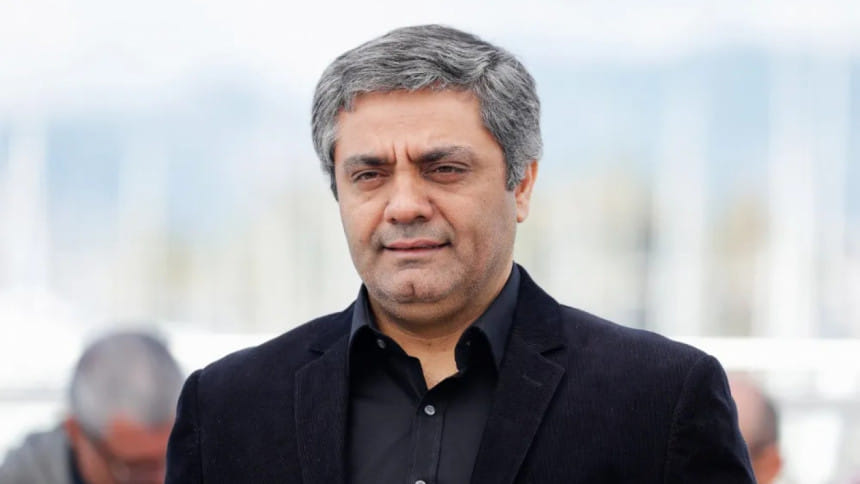
Paknia further affirmed these recent developments via email, stating, "He is accused of producing ("The Seed of the Sacred Fig") without obtaining proper authorisation from relevant authorities, along with allegations of actresses not adhering to hijab regulations and being filmed without properly wearing hijab. All key members involved in the film are restricted from leaving the country and have been interrogated by the Ministry of Intelligence's security forces."

Wednesday's (May 8) verdict marks the harshest penalty yet imposed on the director. Previously, in 2010, he received a six-year prison sentence, later reduced to one year, for filming without the requisite permit. Additionally, in 2017, Rasoulof was effectively prohibited from exiting the country after his passport was confiscated upon his return to Iran.
Subsequent legal actions ensued, including a one-year prison term and a two-year ban on leaving the country and engaging in social or political activities in 2019, following the release of his film "A Man of Integrity". The drama, which shed light on rampant corruption in Iran, earned him accolades at Cannes' Un Certain Regard sidebar.
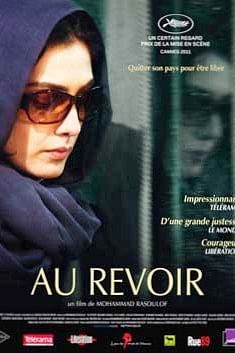
In 2020, Rasoulof faced yet another setback, receiving a further one-year prison sentence and a two-year ban on filmmaking for "propaganda against the system." This prevented his attendance at the Berlin Film Festival, where his film "There Is No Evil", addressing the death penalty in Iran, clinched the prestigious Golden Bear Award.
Further troubles arose in July 2022 when Rasoulof posted an appeal urging Iranian security forces to refrain from using weapons during protests in Abadan. Although released the following February for health reasons, he was prohibited from attending the Cannes Film Festival, where he was slated to serve as a jury member for the Un Certain Regard category.
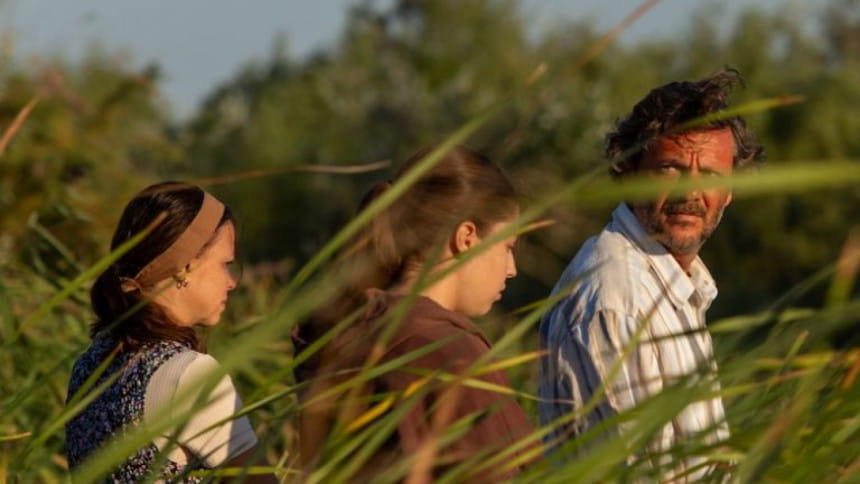
Rasoulof's cinematic contributions stand in esteemed company alongside fellow Iranian directors Abbas Kiarostami, Asghar Farhadi, and Jafar Panahi — all of whom have received critical acclaim internationally. Among them, Panahi has endured consistent persecution by the Iranian regime, enduring multiple imprisonments and house arrests.
Panahi's most recent detention in July 2022 concluded in February 2023 following a hunger strike. Shortly thereafter, he departed Iran for the first time in 14 years.

 For all latest news, follow The Daily Star's Google News channel.
For all latest news, follow The Daily Star's Google News channel. 









Comments